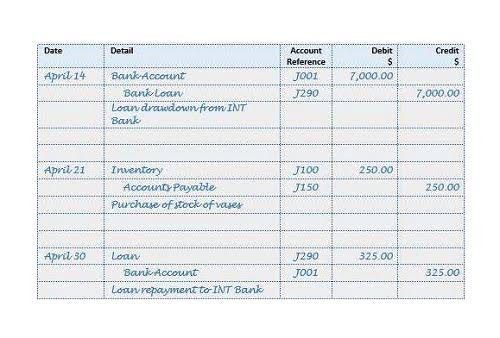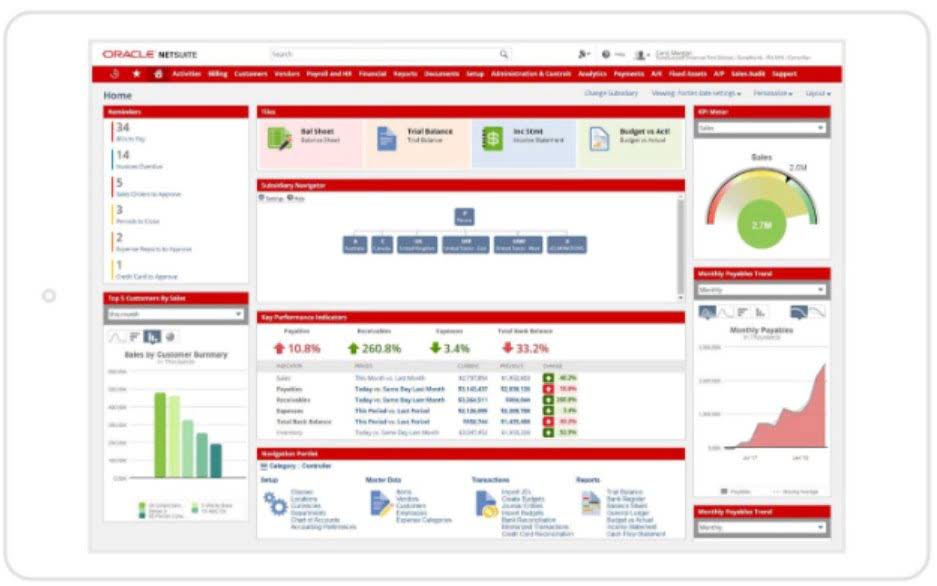
Exploring the features and benefits you need, the support you require, and your price point will help you find the perfect match for your S Corp. This post will walk you through seven top S Corp payroll service options. We’ll explore each option’s benefits, features, and pricing, giving you everything you need to make the best choice for your operations.
Best version for a single member LLC as an S Corp?
Non-employee shareholders typically receive these distributions based on company profits, reflecting their stake in the business rather than compensation for services rendered. Choosing to be taxed as an S Corporation introduces new compliance responsibilities, primarily the requirement to run formal payroll. The owner must be treated as an employee and receive their reasonable salary through a payroll system. Profits remaining after the salary is paid can be distributed to the owner, and these distributions are not subject to FICA or self-employment taxes. For Budgeting for Nonprofits example, with a net profit of $120,000, an S Corp election and a reasonable salary of $70,000 means only the salary is subject to FICA taxes. The remaining $50,000 can be taken as a distribution, avoiding those payroll taxes.
- Hi, just wondering – paying $1200/yr for a payroll for a single member S-corp, is this too much?
- Paying yourself a reasonable wage not only keeps the IRS happy, but also means you’re contributing to Social Security (you’ll appreciate that when you retire 😉).
- Therefore, the IRS is rigorous when examining the amount of salary paid and whether it is reasonable.
- Self-employed individuals and business owners ensure compliance with IRS regulations by setting a reasonable salary.
- While guaranteed payments may seem similar to an owner’s draw, there are some key differences.
- You can connect with him at Personal Profitability or EricRosenberg.com.
Step 2: Calculate the Payroll Amounts and Taxes

This choice alters how the business is taxed by the IRS but does not change its legal structure as an LLC, and it is initiated by filing Form 2553. “Pass-through taxation” means the business itself doesn’t pay income tax as a separate entity. Instead, profits (or losses) flow through to the owners’ personal tax returns. Both standard LLCs and S Corps enjoy pass-through taxation for federal taxes. This avoids the “double taxation” faced by C Corporations (where the company pays corporate tax and then shareholders pay accounting tax again on dividends).
Modified Adjusted Gross income (MAGI): A Simple Guide for Small Business Owners
You’ll be able to find more details about each of them in our See which version of QuickBooks is right for you resource. Stand with Main Street aims to guide and assist starting business owners with various processes of creating a corporation. To qualify as an S-corporation, you must file Form 2553 – Election by a Small Business Corporation to the IRS. If you want the status of your taxes to take effect within the year, our team’s advice is to submit them by March 15. To have the election take effect for the current tax year, the form must be filed no more than two months and 15 days after that tax year begins. A new LLC must file within two months and 15 days of its formation for the election to be effective immediately.
Chap 4 – The 185 Reasons to Not Have an S Corp or LLC
For example, a real estate agent in March has no idea how much he or she will earn for the year. But in October and November, there is s corp payroll enough history to predict the future. What we do with this is use a small salary such as $500 per month to check the box, and then make adjustments in July and certainly in November. The taxable income is making some assumptions such as spousal income, itemized deductions, exemptions, etc. Sign up for our newsletter to enjoy free payroll tips, updates, and more. Offer health, dental, vision and more to recruit & retain employees.

Reasonable Compensation (Owner Salary)
- Understanding the missteps you need to avoid to manage your payroll effectively is an excellent starting point to help make sure that your business runs smoothly through tax season and beyond.
- But if your LLC is taxed as an S-Corp or C-Corp (a traditional corporation), you must pay yourself a reasonable salary through payroll.
- Some CPAs or accountants recommend a 60/40 rule of thumb, which is 60% of profits to salary and 40% to distributions, but this isn’t IRS-approved.
- If you are taxed as an S corporation, you will need to file the additional Form 1120, which is your corporate tax return.
- An SMLLC owner can change this default tax treatment by making an S Corp election.
- Accurate bookkeeping is essential in this and many other scenarios.
By adhering to these guidelines, S Corp owners can optimize their payroll structure, ensuring compliance while maximizing tax efficiency and supporting sustainable business growth. Our system tracks all your payroll data throughout the quarter, including any special payments or adjustments, and ensures that Form 941 matches your payroll records. We also maintain detailed records so you can provide accurate tax payment reports to employees and the Social Security Administration. When each quarter ends, you can be confident that your S-corp payroll tax obligations are always handled correctly and on time.

- If you need to speak to a tax professional now, give us a call and we’ll get you connected.
- The adjustment is not necessarily about salary as it is about tax planning and income tax withholdings.
- A new LLC must file within two months and 15 days of its formation for the election to be effective immediately.
- If we make a mistake on your taxes, we accept responsibility, so you’re never left with a tax penalty or fee.
- As you may already know, most small business owners choose to incorporate as a limited liability company due to its personal asset protection features.
- The agency scrutinizes S Corporations that pay artificially low salaries and can reclassify distributions as wages, resulting in back taxes and penalties.
Even though you’re not on a payroll, you still owe taxes on the LLC’s profits. You’ll pay income tax and self-employment tax on the LLC’s net earnings. It’s wise to set aside money for taxes since no taxes are withheld from an owner’s draw. By default, the IRS treats it as a disregarded entity for taxes (like a sole proprietorship). This means the business’s income is pass-through to your personal tax return. There’s no separate business income tax return for the LLC itself.
